Regular meetings were held with WWF Regional office, WWF Uganda, and UWA.
An inception meeting, with all relevant wildlife economy stakeholders in Uganda, was held on the 19th May to get inputs on the contents of the case study and ensure that all areas were well covered with the most up-to-date data.
SOWC prepared the case study for review by Uganda stakeholders and to present in a stakeholder workshop, with the final case study and policy brief due in September 2021.
We submitted a draft report to WWF-Kenya based on the desktop analysis and interviews/meetings held on the first field visit.
In addition to sharing the report, ALU SOWC presented the case study to relevant stakeholders to get inputs in order to finalize the report on a second shorter field visit.
Following input from UWA, WWF, and other relevant stakeholders via the stakeholders’ workshop, ALU SOWC incorporated the feedback and finalized the case study and submitted it to WWF.
ALU SOWC developed a policy brief/summary document for WWF and UWA to use for influencing policy and strategy.
If agreed, this was done to publicize the findings from the case study in a more academic forum.
Conserving Natural Capital and Enhancing Collaborative Management of Transboundary Resources (CONNECT)
Project Funding from USAID,
Project In partnership with

The ALU School of Wildlife Conservation is the first of its kind on the continent, dedicated to growing the next generation of world class conservation leaders in Africa.
The continent needs home grown African leaders to spearhead new and innovative approaches in the business of conservation.
Bumbogo, Kigali Innovation City, Next to Azam, Kigali, Rwanda
Phone: +250 784 650 219
sowc@alueducation.com